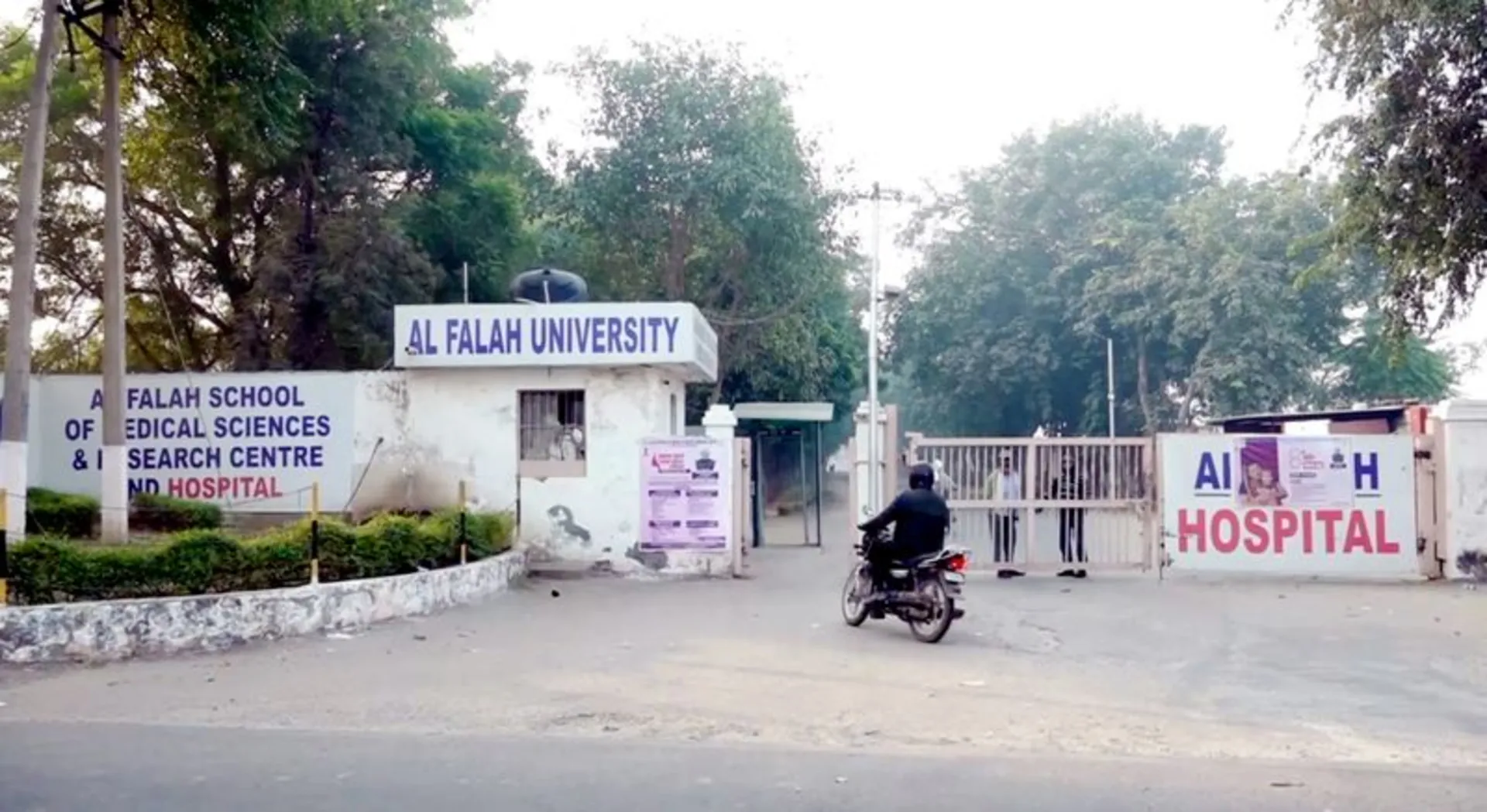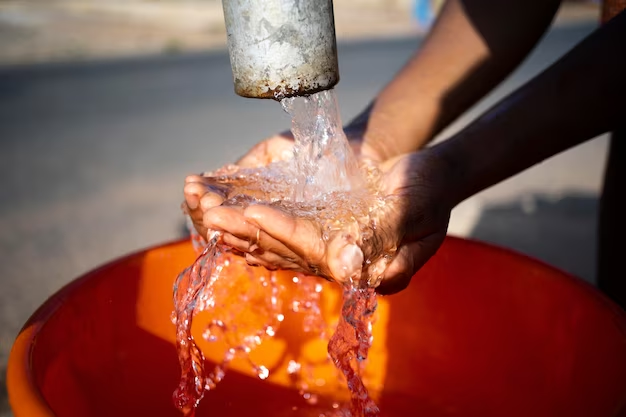
In a positive development, Ambala farmers have expressed keen interest in the government-backed Mera Pani Meri Virasat (MPMV) initiative, a comprehensive program promoting crop diversification and water conservation. During the kharif season of 2023, the scheme successfully covered over 6,200 acres in the district, surpassing the initial target of 6,072 acres set by the Agriculture Department.
Under the MPMV scheme, eligible farmers switching from traditional paddy crops to alternative crops are entitled to receive a financial incentive of Rs 7,000 per acre. The enthusiastic response from farmers is evident, with registrations initially received for 6,516 acres. However, after thorough verification, registrations for approximately 243 acres were rejected. This success marks a notable improvement compared to the previous season, where the target of 5,041 acres was narrowly missed, covering around 4,658 acres, resulting in an incentive release of over Rs 3.26 crore to eligible farmers.
Dr. Jasvinder Singh, Deputy Director Agriculture (DDA) in Ambala, emphasized the necessity of transitioning from water-intensive paddy cultivation to diversified crops due to groundwater depletion. He noted that the scheme had received a more favourable response this year, achieving the 6,273 acre target. The verification process has been completed, and farmers are poised to receive the promised incentive of Rs 7,000 per acre.
Despite the positive momentum, some challenges remain. Farmers in Ambala, grappling with floods and repeated rains in certain areas, faced difficulties shifting to alternative crops. The farmers are hopeful that in the coming years, more will embrace crop diversification, contributing to groundwater conservation.
However, farmers have expressed concerns regarding the lack of a Minimum Support Price (MSP) guarantee for alternative crops and the limited availability of high-quality seeds. Tejveer Singh, spokesperson for the Bhartiya Kisan Union (Shaheed Bhagat Singh), stressed that while farmers are conscious of groundwater depletion, assurances on MSP and access to superior seeds are crucial factors influencing their decision to transition away from paddy cultivation. As the initiative progresses, addressing these concerns may further enhance farmer participation and contribute to sustainable agriculture practices in the region.















